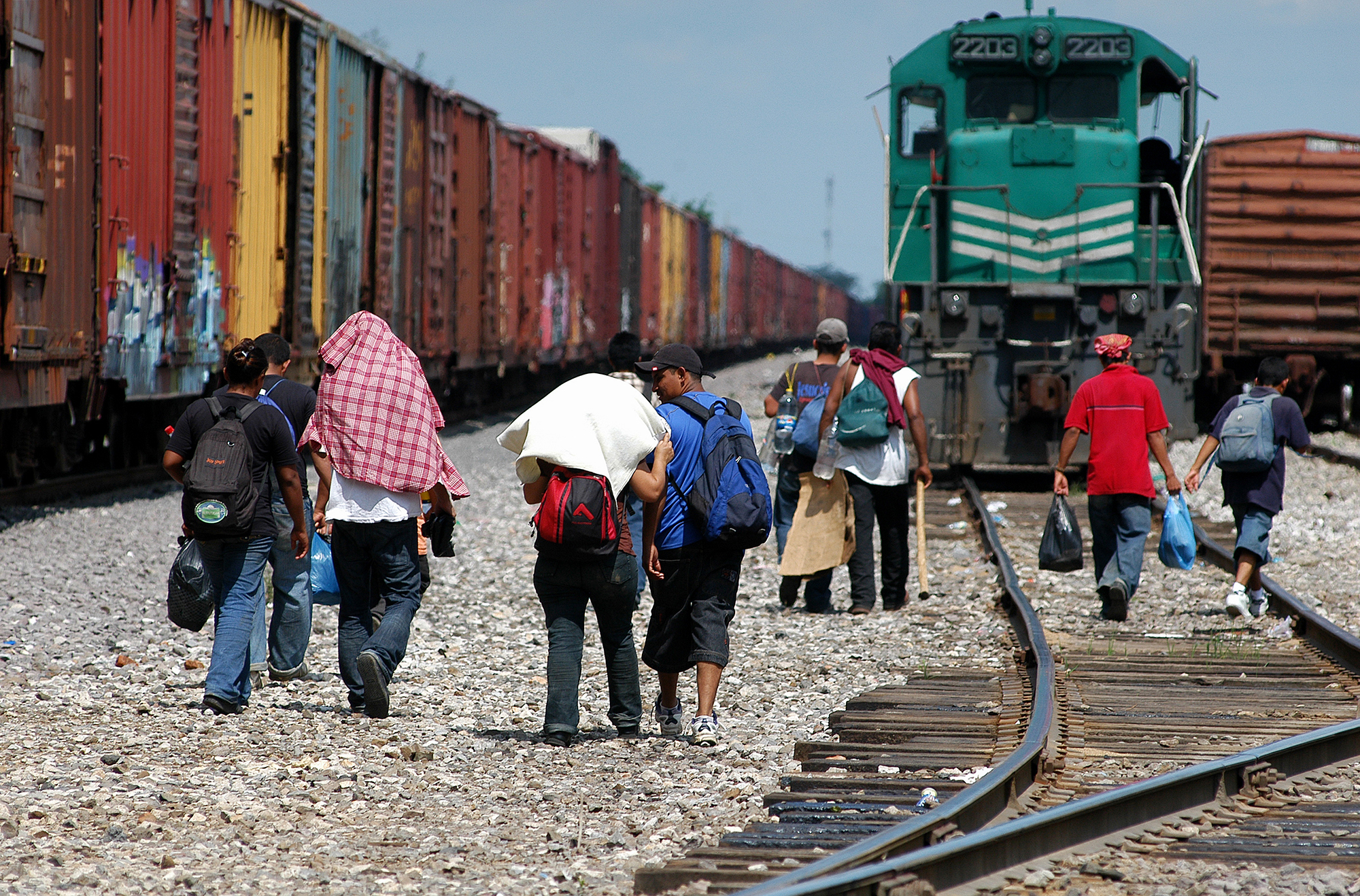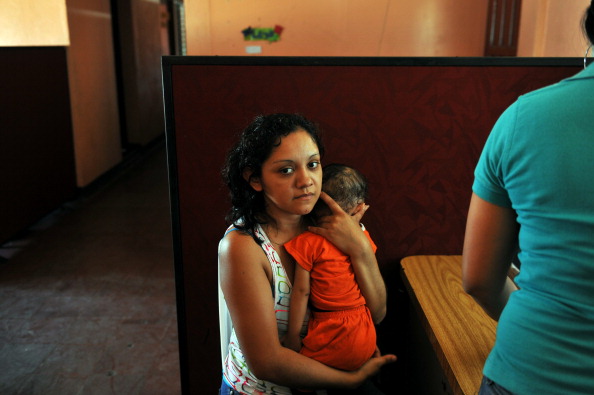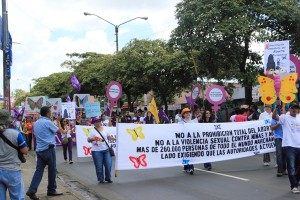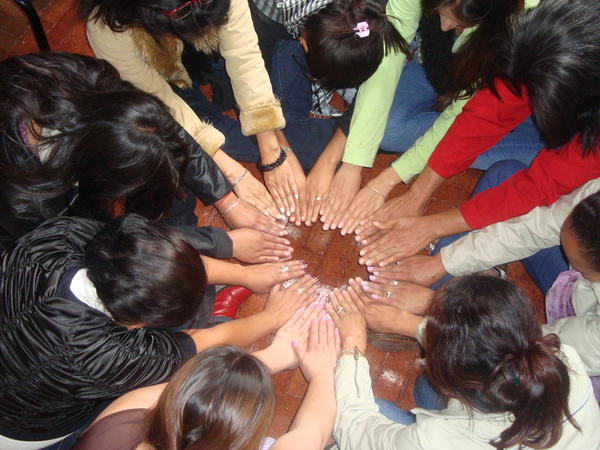World leaders are meeting next week at a United Nations Summit in New York to review progress made to alleviate poverty around the world since the Millennium Development Goals (MDGs) were set a little over a decade ago. Unfortunately, the MDGs are failing the world’s poorest people because governments are ignoring and abusing human rights.
More than a billion people living in slums are not even included in MDG efforts because the MDG target on slums only commits to improving the lives of 100 million slum dwellers.
Amnesty International’s Secretary General, Salil Shetty, will be leading Amnesty’s delegation to the summit. He said:
“Unless world leaders agree to take urgent steps to uphold the human rights of people living in poverty, the poorest and most disadvantaged people around the world will continue to be left out of the MDGs.
“But language alone is not enough, people must be able to hold governments accountable when they fail to uphold human rights. They should be able to challenge corruption or neglect through courts and regulatory bodies to ensure governments actually fulfil their obligations.”
An estimated 70 per cent of those living in poverty are women. Yet MDG efforts in many countries fail to address the wide-spread discrimination women face in accessing food, water, sanitation and housing, while discriminatory policies, laws and practices that underpin gender-based violence and undermine progress on all the MDGs, have been left to fester.

Kenya is one country whose policies have ignored the needs of women living in slums © Amnesty International
Many states are carrying out mass forced evictions that drive slum dwellers even deeper into poverty and violate their right to housing.
For example, in just one city in Nigeria over 200,000 people are currently facing eviction because the authorities plan to demolish more than 40 informal settlements in Port Harcourt’s waterfront area. Thousands will lose their livelihoods as well as their homes if the demolitions go ahead.
Kenya is an example of another country whose policies have ignored the needs of women living in slums while trying to meet its MDG targets. Women living in slums risk being attacked when trying to use communal toilets, particularly after dark. The lack of effective policing to prevent, investigate and punish gender-based violence or provide an effective remedy to women and girls, means violence against women goes largely unpunished.
Another case is Nicaragua, which despite committing to the MDG target on improving maternal health, has outlawed abortion in all circumstances. The overwhelming majority of pregnancies as a result of rape or incest are amongst girls aged between 10 and 14, whose health and life are put at risk by unsafe abortions or by having to give birth at an early age.
SEE THE REST OF THIS POST









